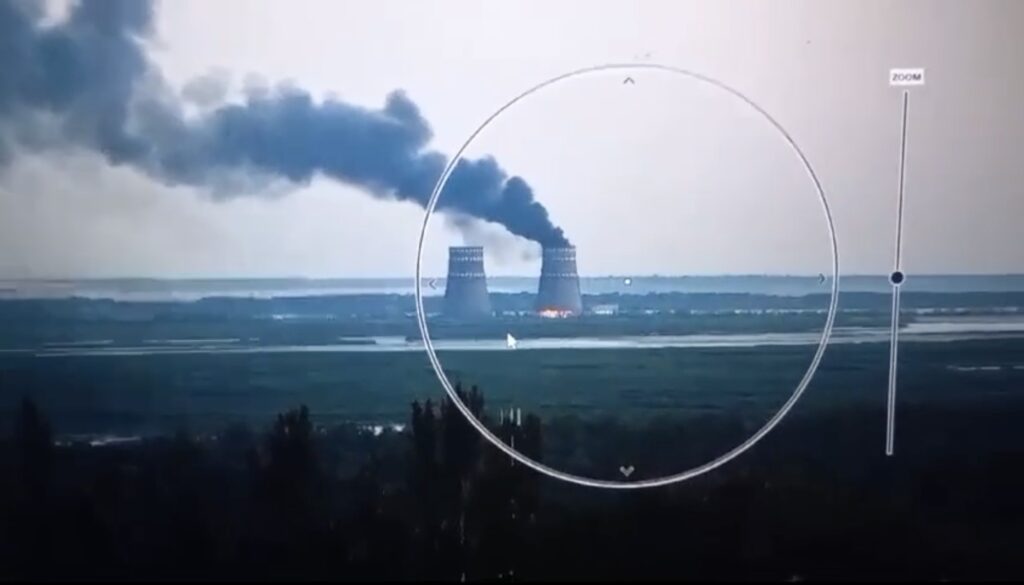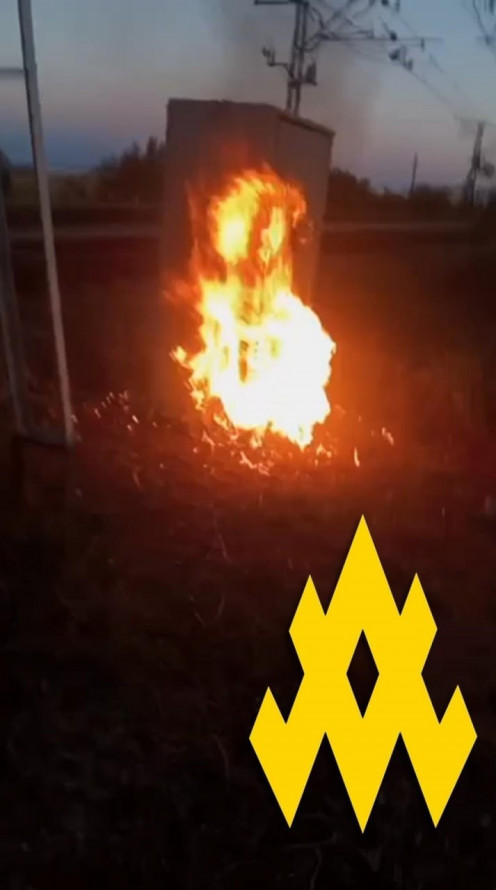British expert warns Russia could blow up six reactors at Europe’s largest nuclear plant if war turns against Kremlin

Russian ruler Vladimir Putin is blackmailing all of Europe by keeping the Zaporizhzhia Nuclear Power Plant under his control, Forbes reports. This warning comes from British expert Simon Bennett of the University of Leicester, author of the Atomic Blackmail? The Weaponization of Nuclear Facilities During the Russia-Ukraine War book.
When Russia launched its full-scale war against Ukraine, one of the first things it did was the occupation of the Chornobyl Nuclear Power Plant. It was liberated in 2022. However, Moscow troops targeted it with drone, damaging the protection over the plant. The Kremlin also captured the Zaporizhzhia Nuclear Power Plant, the largest in Europe. The station has enough capacity to cover the annual electricity needs of countries like Ireland, Slovakia, or Finland.
The threat of a “dirty bomb” for all of Europe
According to Bennett, Russian occupiers could rig the Zaporizhzhia plant with explosives and, if Putin is defeated, remotely detonate its six reactors. This would create radioactive fallout clouds that would quickly spread across Europe.
“As demonstrated by the 1986 Chernobyl meltdown and radionuclide release … plumes of radioactive debris can travel many hundreds of miles,” he told the journalists.
He recalls that radiation then reached as far as England, contaminating agricultural lands.
Putin endangers not only Ukraine but also Russia
Moreover, Kremlin control over the plant poses a threat to Russia itself.
“Should any of Ukraine’s nuclear power plants be hit, even the plants in the far west of the country, there is a real possibility that, if there were a persistent westerly wind, the plume would reach Russia’s heartlands,” Bennett warns.
Nuclear blackmail and new tactics of war with NATO
The expert also cautions that Russia’s military operations around nuclear plants may foreshadow tactics in a future war with NATO. He notes that the Kremlin might deploy “sleeper agents” to undermine Western infrastucture. These are spies with fake documents already embedded in the critical infrastructure of Western countries.
“I think it likely that Russia has in place sleepers across any state it considers hostile…which, of course, would include NATO member states,” Bennett concludes.
Earlier, Euromaidan Press wrote that Russian ruler Vladimir Putin shows no intention of abandoning his objectives in Ukraine or ending the war. Even under the threat of new sanctions, he appears ready to go to extremes to achieve victory.
“He will risk everything in Ukraine”: Putin may be preparing for even harsher war in Ukraine after Trump’s ultimatum
